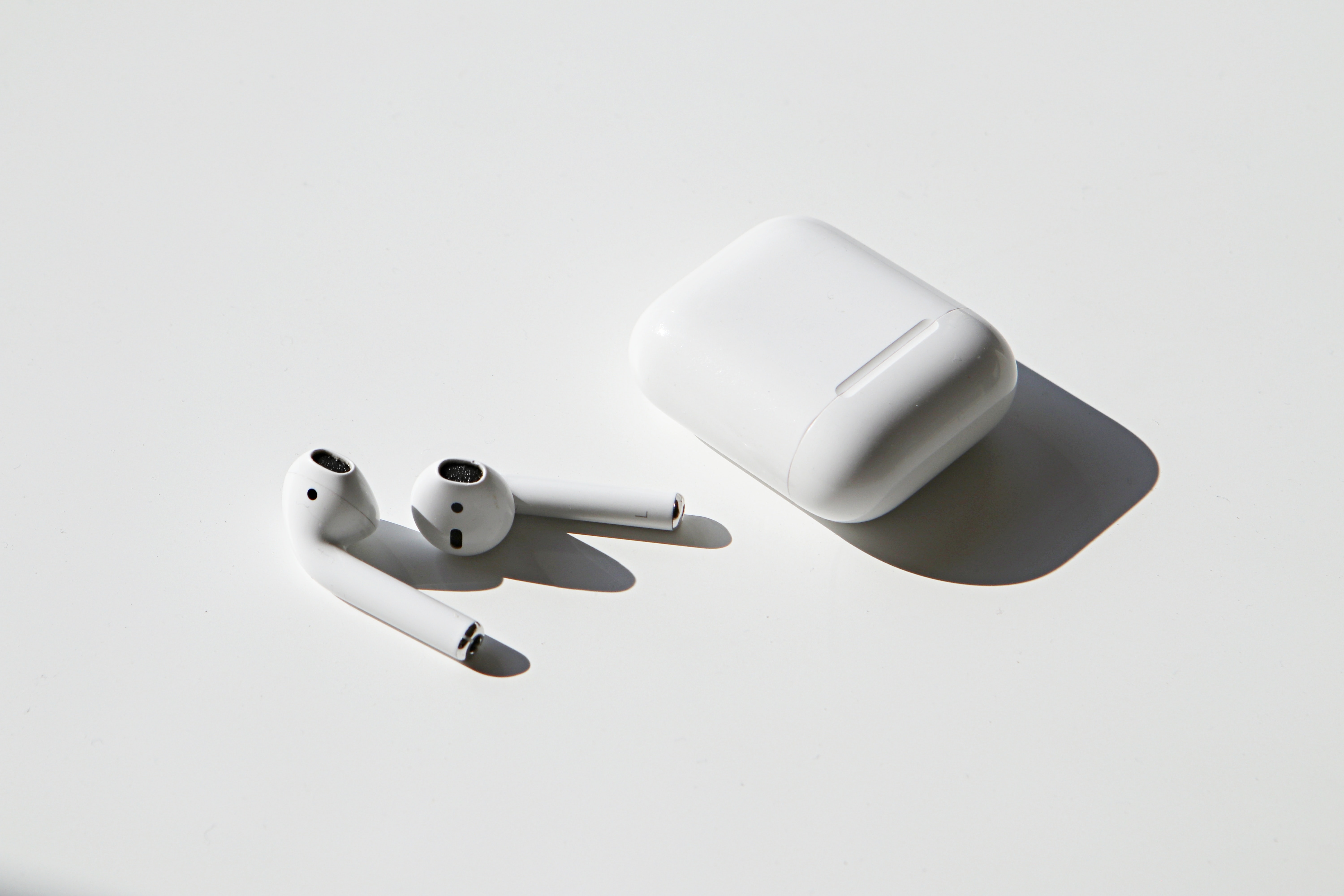Rachel Mealey: New research may help explain why food tastes bad in space. Scientists have shown we perceive food aromas differently in different environments. And the findings could help shape the diets of other socially isolated people, Rachel Hayter reports.
Rachel Hayter: What should you feed an astronaut without an appetite?
Grace Loke: Space travellers are not meeting their energy needs in space. In fact, a lot of them are only meeting about 80% of what they should be actually taking in space.
Rachel Hayter: Grace Loke is a PhD candidate at RMIT University and lead researcher on a project trying to make food more appealing to astronauts, who often report losing the joy of eating on space missions.
Grace Loke: This is manageable for shorter missions, but with upcoming missions to Mars and even beyond, it can be detrimental to their nutritional health.
Rachel Hayter: We already know that aroma plays a big role in the flavour of our food. So this team of scientists decided to test how different food aromas are perceived on the International Space Station.
Grace Loke: We basically use virtual reality technology to simulate the interiors of the ISS. And in this environment, we had people rate the intensity of three common food aromas, which were vanilla, almond and lemon.
Rachel Hayter: The study of 54 adults found that vanilla and almond were perceived as more intense in the virtual space environment compared with an earthly setting, whereas the lemon scent stayed the same. And as Grace Loke points out, there’s a chemical explanation for that.
Grace Loke: Vanilla and almond are two very different flavours, but on a chemical level, they share a certain compound called benzaldehyde.
Rachel Hayter: Part of the reason food doesn’t taste as good in space is because weightlessness causes fluid to move from the lower to the upper body, which creates facial swelling and nasal congestion that affects our sense of smell and taste. But even after fluid shift symptoms disappear, astronauts are still not enjoying their food, which makes researchers think loneliness might also play a role.
Dr Lisa Newman: This research could also help people in those situations as well.
Rachel Hayter: Dr Lisa Newman is a sensory science expert and nutritionist at RMIT University and co-lead researcher on this study. She believes the findings could help improve the nutrition of other socially isolated people.
Dr Lisa Newman: So places like nursing homes, people who are deployed to the military, submarine crews.
Rachel Hayter: The research has been published in the International Journal of Food Science and Technology.
Rachel Mealey: Rachel Hayter.



